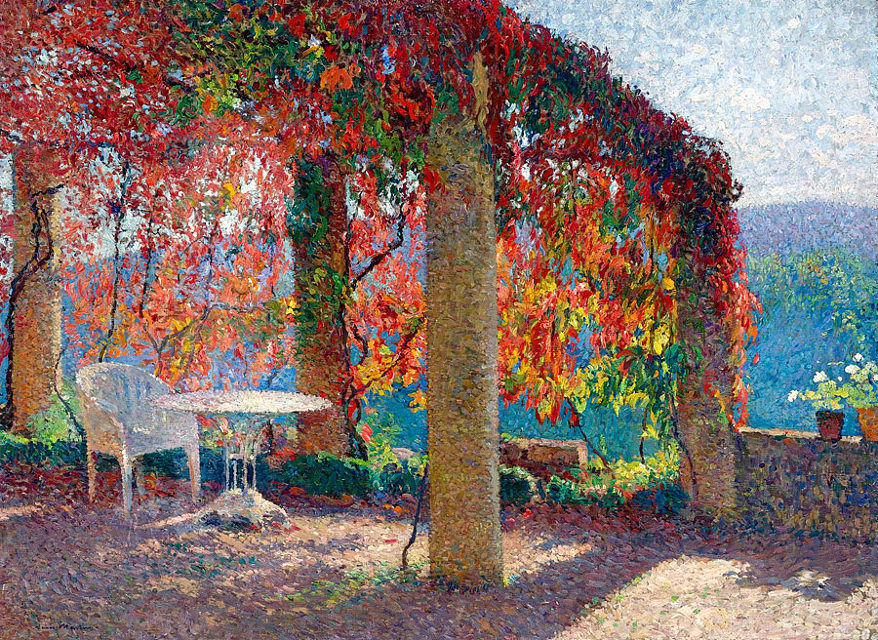Emily Bowles – Three Poems
Unearthing Your Name, Its Roots
You chose the name, Astrea, a cognate
for star that sounds like a flower in weeds.
We find them here. They grow, deliberate,
as if they understand how to arrange
patterns defiant of what you create.
Hairy White Oldfield Aster, Frost Aster.
I can’t name them–the blooms retaliate,
unruly as they grow into edges
where they do not belong. Subordinate,
bowing, but defiantly wearing white crowns.
Cedar Waxwing in Our House
A primordial instinct urges him to catch it.
He carries it inside for us to see it.
His paws and jaws have grown
accustomed to prepackaged prey
like grain-free food by Rachel Ray.
The food comes in a pink bag,
part of the guerilla tactics
responsible pet owners use to
emasculate cats like him.
That is us.
We are
responsible
pet owners.
We are
the people who choose
grain-free cat food and
lightweight litter for
rescued cats we have
neutered. Domesticity
can feel like a form of
terrorism, and sometimes
a feral urge creeps in
on mouse feet or cedar
wax wings. He caught it.
It escaped.
We are too well-bred to let instinct kick in.
We are domestic cats in a feral world.
The cat’s eyes meet mine.
We have green irises encircled in gold.
We look away, embarrassed.
A Goldfinch in Flight
With such heavy mascara-rimmed eyes
and bottle-blonde feathers, a goldfinch
seems out of place in a natural world.
Not many birds look like they belong in cages.
They love birdfeeders and show off
their acrobatics as they open up seeds.
They have an affinity for humans that I don’t
expect from sparrows or cedar waxwings.
They flit around the dumpster
where I’ve thrown out
old furniture and half-eaten meals.
They settle onto branches that hang
just out of my reach, branches heavy
with reddish blossoms in the spring.
This must be a cage with bars I can’t see.
Author’s Statement on Beauty
When I was 20, I was in a car accident that left a long scar on my arm. Over the years, I’ve realized that the scar embodies my definition of beauty: it exists because of harsh, ugly black threads that held me together when nothing else would. Beauty exists where we’re broken if we let those broken places become palimpsests by layering our transformation on top of them without losing sight of the scars and the stories they tell.

Emily Bowles started her career as a visiting professor of English and Women’s Studies. She published widely on Margaret Cavendish, Aphra Behn, Henry Fielding, Frances Brooke, and Eliza Lucas Pinckney before leaving academic work and turning to a career in as a writer. Her poems look at workplace sexism, systemic oppression, the stigma surrounding mental illness, and motherhood after divorce.

